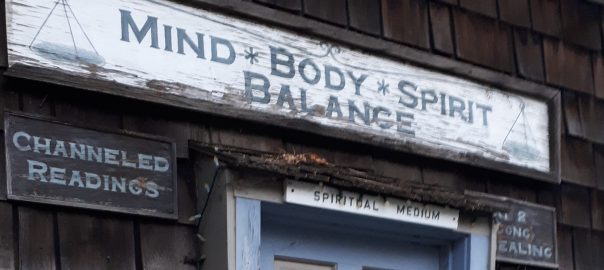With my book launch three days away, I’ll rerun my September BWL Blog Post – Biking Inspired my Mystery Novel. I’ll touch on aspects of this at the launch. Here’s the original post:
In April 2020, my husband Will and I got e-bikes for an activity to do during Calgary’s shutdown for the COVID-19 pandemic. We’d enjoyed regular biking all our lives, but I’d grown tired of struggling up streets in my foothills home city and walking my bike up the steeper roads.
The previous year I’d tried out an e-bike at a mountain festival and was awed by its instant power and the ease of pedaling up the base of a ski hill. Will and I considered upgrading to e-bikes then but didn’t get around to it. Now, with a summer of limited options looming ahead, we checked out bikes at several local stores and settled on a small store close to our home.
On our second visit I asked the owner/manager why his store was open when most retail outlets were closed for the pandemic.
“Bikes are considered essential,” he said, with a tone of pride or surprise. “We’re transportation.”
I used that line in my new novel, Spring Into Danger.
That spring 2020 I was busy finishing the third book in my Paula Savard Mystery Series and starting to mull ideas for the fourth. Since Paula is an insurance adjuster, her next case would come from her insurance work. Ten Days in Summer (book # 2) involved a building fire with a suspicious death. Book # 3, Winter’s Rage, developed from a hit-and-run collision that killed a woman. A theft case seemed the likely next adventure for Paula. How about a break and enter at a bicycle store?
Our bike purchases led to several follow-up trips to the store. My front basket kept popping its screws and was eventually recalled for safety reasons. My spring-loaded seat came off whenever I grabbed it to lift the bike. Okay, I probably shouldn’t be lifting the bike that way, but it’s a habit.
The store owner gave me a regular seat and ordered a replacement spring-loaded one. Each time we phoned or went to the store to enquire about the order’s progress, he’d tell us about delays in the supply chain due to COVID protocols at the Vancouver port and the demand for bicycles causing backlogs in orders. Everyone was out walking or biking that shutdown summer. We witnessed the shrinking bicycle stock in the store. The owner told us people now had to wait months for e-bikes.
In hindsight I wonder if I enjoyed those store visits as an oasis of normalcy in the midst of the pandemic shutdown. Grocery stores — about my only other in-person shopping — often had lineups. This bike store didn’t. At the grocery store checkout, customers waited on floor markings spaced safely apart. Grocery shoppers crabbed about others blocking the aisles since we weren’t allowed to pass anyone. Nothing like that at the bike store. By summer most grocery store workers and customers wore masks. I saw no masks in our bike store; the bottle of hand sanitizer on the checkout counter went unused. Grocery shortages annoyed me. We already had our bikes and were only missing my spring-loaded seat. It never did arrive. After two years of waiting, we and the store owner gave up. I find my regular seat comfortable.
My story mulling continued. If I set my next novel during the COVID-19 shutdown, an open store, with casual protocols, would give my sleuth Paula a chance to do much of her work on the claim in-person. Having characters meet face-to-face is generally better than phone calls for drama in story scenes, since more can be shown through body language. For the same reason, in-person would be better than having Paula meet story characters on online platforms, which would become her new work method when COVID-19 hit. The book could still feature plenty of Skype and Zoom calls to give a flavour of the times.
I started writing the novel in fall 2021. So much had changed since the pandemic start that I felt a strange nostalgia for those first months, when COVID was new and frightening and most of us had no clue what lay ahead. I wanted to process that early experience and decided to set the story in April 2020, when the shutdown was in full force. The novel starts with Paula taking on a new claim — a break and enter at a bicycle store that raises questions. Through her investigations, Paula navigates COVID-19 restrictions, which impact the characters and plot in so many ways that the whole story would change if I removed the pandemic.
Now we’re into a post-COVID world — sort of. Will and I are still biking, although we’ve done less each year as other activities reopen. Our biking got off a late start this spring thanks to holidays in the UK and Ottawa. In addition, Will’s e-bike developed serious mechanical problems, which required more visits to our favourite bicycle store.











